.

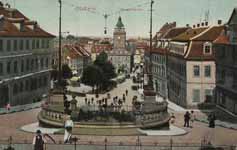
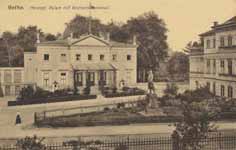
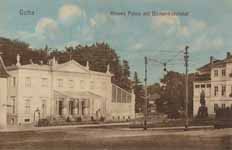
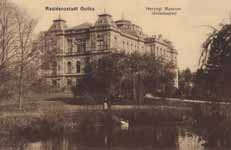
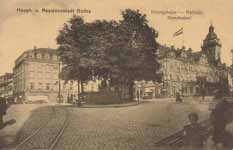
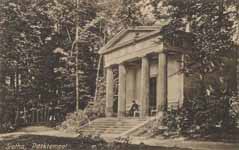
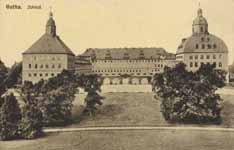
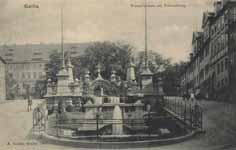
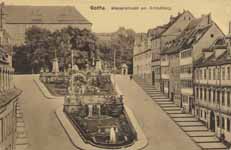
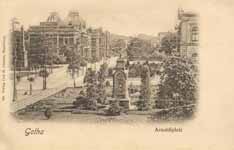

Gotha
Gotha is a town in Thuringia, within the central core of Germany. It is the capital of the district of Gotha.
History
The town has existed at least since the 8th century, when it was mentioned in a document signed by Charlemagne as Villa Gotaha ("Good Waters"). Its importance derives from having been chosen in 1640 as the capital of the Duchy of Saxe-Gotha. In the 18th century, an extended stay by the French philosopher Voltaire turned the court into one of the centres of the Enlightenment in Germany. From 1826 to 1918, Gotha was one of the two capitals of the Duchy of Saxe-Coburg-Gotha.
Gotha has played an important role in the German workers' movement. The German socialist party (SPD) was founded in Gotha in 1875, through the merger of two organizations: the Social Democratic Workers' Party, led by August Bebel and Wilhelm Liebknecht, and the General German Workers' Association, founded by Ferdinand Lassalle. A compromise known as the Gotha Program was forged, although it had been strongly criticized by Karl Marx for its reformist bias in his Critique of the Gotha Program.
This is the city where the famous psychologist and anthropologist Theodor Waitz was born in 1821.
Gotha also has been a centre of publishing. The firm Justus Perthes (now called Hermann Haack) began the publication in 1763 of the Almanach de Gotha, an authoritative directory of the world's major ruling dynasties and Europe's high nobility.
From 1949 to 1990, Gotha was part of the German Democratic Republic.
Sights
Schloss Friedenstein
The main attraction in the town is the Schloss Friedenstein, the former ducal palace, built in 1643–1655. This imposing rectangular structure, with low square towers on the corners, is Germany’s oldest early Baroque palace. The Palace Museum is home to valuable historic collections of art and cultural artifacts. The palace also houses the Museum of Regional History including the historic Ekhof Theatre, the oldest preserved baroque theatre in the world.
Town Hall, built between 1567 and 1577 in Renaissance style, noteworthy for a richly decorated north façade.
A market place (Hauptmarkt) surrounded by restored patrician houses with baroque doorways.
Augustinian Church (Gothic, 13th century), with former abbey.
St Margaret’s Church (Margarethenkirche), from the end of the 15th century.
Gotha is host to the annual Freakstock Christian music festival.
One of Europe's first working crematories was built here in 1878.
International relations
Main article: List of twin towns and sister cities in Germany
Gotha is twinned with:
Slovakia Martin, Slovakia
United States Gastonia, North Carolina USA
Poland Kielce, Poland
France Romilly-sur-Seine, France
Germany Salzgitter, Germany
References
^ "Bevölkerung nach Gemeinden, erfüllenden Gemeinden und Verwaltungsgemeinschaften" (in German). Thüringer Landesamt für Statistik. 27 June 2011.
From Wikipedia, All text is available under the terms of the GNU Free Documentation License

